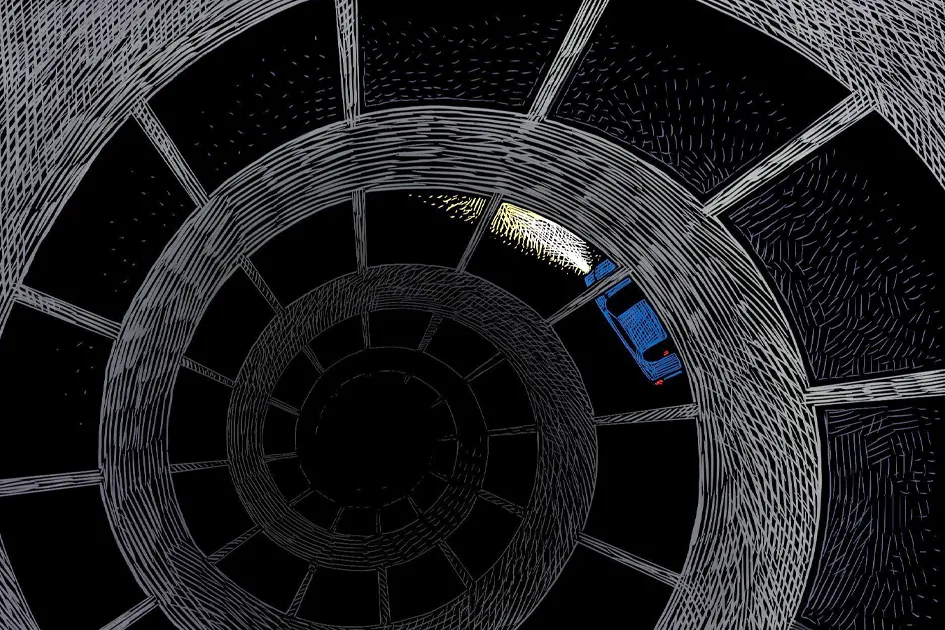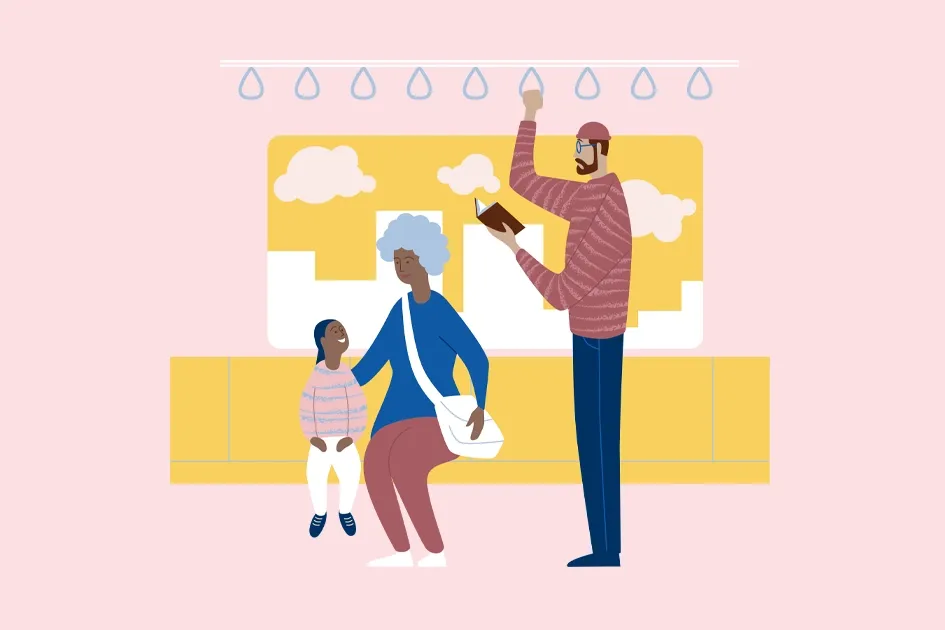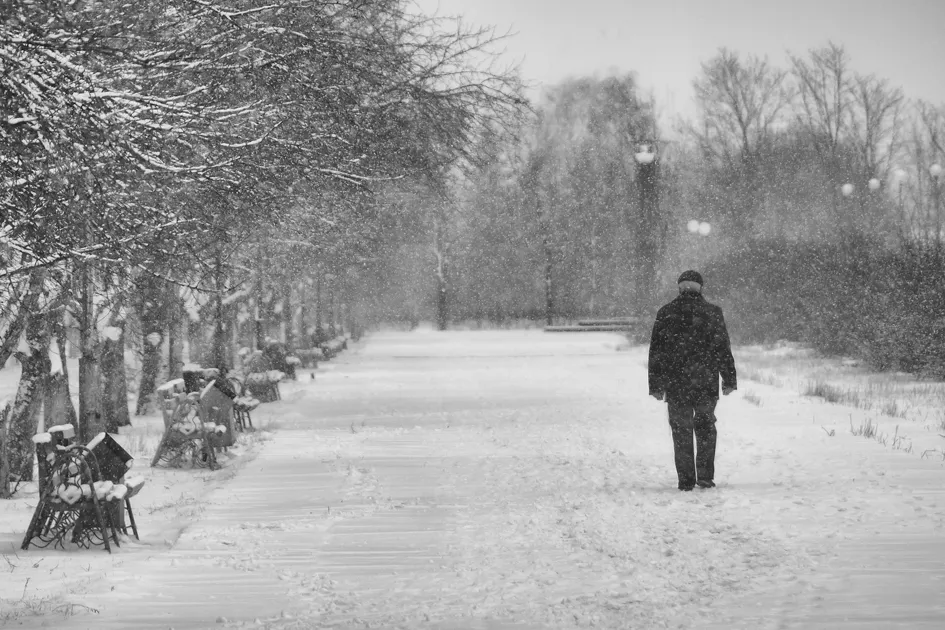After calling my name multiple times to no response, my daughter found me sitting on the edge of my bed, eyes trained on my computer screen. She started to speak and stopped abruptly when her eyes fell on my nightstand. Out of the corner of my eye, I saw her nudge my hand cream and a book aside and lift the boning knife I’d placed next to them the previous night. Polished steel caught the light from the window as she held it up. Now she had my attention. An uncomfortable pause passed between us before she spoke my name as a question, “Mom?”

I brushed it off with a short laugh, “Oh, that? That’s nothing.” And I laughed the laugh of one who’d spent most of the night awake in fear. My husband was traveling, and two nights prior I’d pulled an all-nighter when my garage doors suddenly opened and shut without warning at 2 in the morning. I’d called 911, certain someone was breaking into our house, and spent the longest, most emotionally intense 10 minutes of my life waiting for the police to arrive. An hour later, the police determined no intruder existed, and my garage doors needed servicing. I spent the rest of the night peering out from my windows with a knife nearby, my house lit with every bulb ablaze inside and out.
I slept with the same knife next to my bed two nights later, where my daughter found it resting casually, as if I’d decided to debone a chicken bedside. She giggled when I blew it off as a silly whim, one of my fantastical notions. She has no idea how many nights over the years I’ve slept with a knife nearby, a baseball bat tucked beneath the bed, two phones within reach.
This sounds ridiculous in the daylight, and I’m often ashamed of my fear when dawn breaks over our safe suburban home, still breathing the sounds of sleep. But when my husband travels, I feel my anxiety build as the sun lowers. I begin to practice my fear like an addiction. Thoughts and images from past news reports snake their way from memory to the present. I remember things I’ve long forgotten—reenacted like a screenplay across the fabric of my mind.
I know the fingerprints of fear—they’re imprinted on my soul, held there by my own practiced thumb. I feel the anxiety rise, a familiar, unwelcome companion, and rather than reject it, I grab a knife. I replay scenes of fear rather than freedom. I rehearse what to do, where to hide, whom to save first, if an emergency arises. The next night, I hit repeat and the images replay, leaving me with a fear as familiar as my own reflection.
I feel the anxiety rise, a familiar, unwelcome companion, and rather than reject it, I grab a knife.
Kathleen Norris writes in her memoir Acedia and Me, “[W]hile we can’t control whether or not the bad thoughts come to us, we can learn how to respond to them.” I’ve often believed that as a Christian, I should have control over my thought life, and this has only perpetuated my anxiety. Why can’t I practice freedom over fear? Perhaps, as Norris suggests, fearful thoughts will come my way regardless. Paul seems to agree when he writes in 2 Corinthians 10:5, “We are destroying speculations and every lofty thing raised up against the knowledge of God, and we are taking every thought captive to the obedience of Christ.” The King James Version says we are “casting down imaginations.”
To live without fearful imaginations in a culture that sensationalizes evil as a form of entertainment feels impossible. Paul says to cast down, to destroy, to take captive these imaginations that rise up in us. My imagination can be used for bad, for sin, for unbelief. How can I use my thought life as a means of healing, trust, and grace instead?
Perhaps “casting down imaginations” might require me to realign my thoughts with reality. Reality: My children sleep across the hall while the house sighs in peace. The locks are turned; our home is secure. There is no violence, no evidence of sinister movement in the meadow behind our home, only graceful hooved prints marking paths in the snow, or nibbled marigolds in spring.
Reality eminates from, is grounded in, the realm of the heavens, as the psalmist reminds us: “He will give His angels charge concerning you, to guard you in all your ways” (Psalm 91:11). If this vision of freedom—one of watchful angels and sleepy sighs and grazing deer—becomes the practiced pattern of my thought life, perhaps fear will become the less familiar of the two.
My vision of true freedom may change over time, but I’m certain I won’t find it in the glint of steel in morning’s soft light. And maybe with purposeful practice, I won’t need some kind of kitchen utensil or weapon or device at my bedside. Maybe I’ll be able to turn out the lights and sleep in peace.


